PARAÍSO
FACULTY OF FINE ARTS OF PONTEVEDRA – UNIVERSITY OF VIGO
Filmoteca de Galicia | Friday June 2nd | 11:30 a.m. | Free entry to all venues until full capacity. It will not be possible to enter the venues after the screening has started.
The 14th (S8) International Peripheral Film Festival (Mostra Internacional de Cinema Periférico) continues to dedicate a space to screening a significant sample of works that have emerged in university faculties and schools of the arts. The “Paradise” section groups together students attracted by the creative potential of the moving image, contributing their first suggestive discoveries. Salamanca’s Faculty of Fine Arts is again taking part this year in an experience that was incredibly enriching for the students last year.
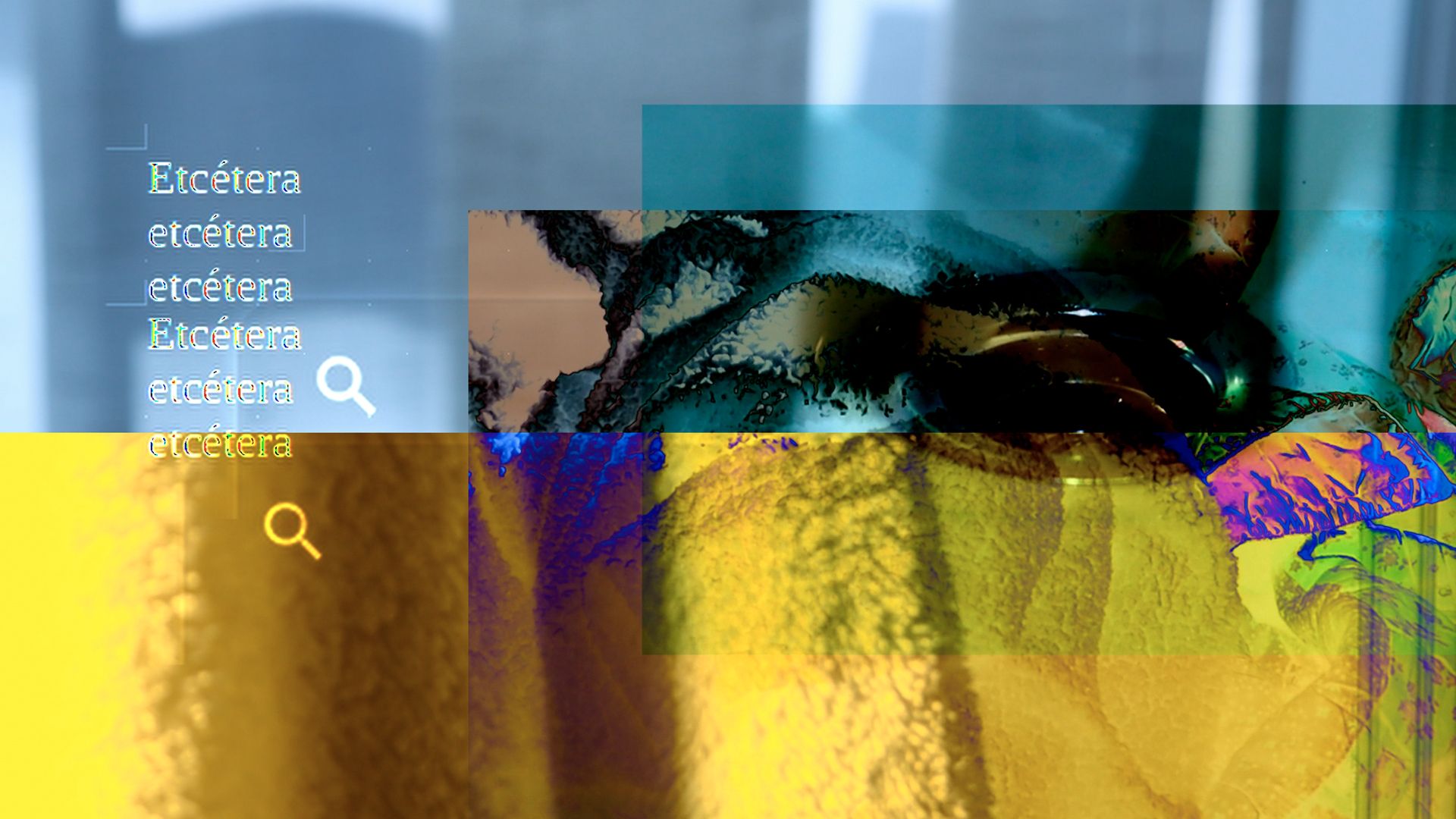
AQUÍ Y AHORA (HERE AND NOW)
Susana Gómez García, 2023, Galicia, video, 6 min.
Sometimes running as fast as possible does not mean moving at all. We run and we run—and now what? If nothing is permanent, only my own breath remains, the blood that runs through my veins, my steps sinking into the snow. Here and now is a personal essay that explores the idea of the present among people of many nationalities who share the same context: a continuous and changing present.
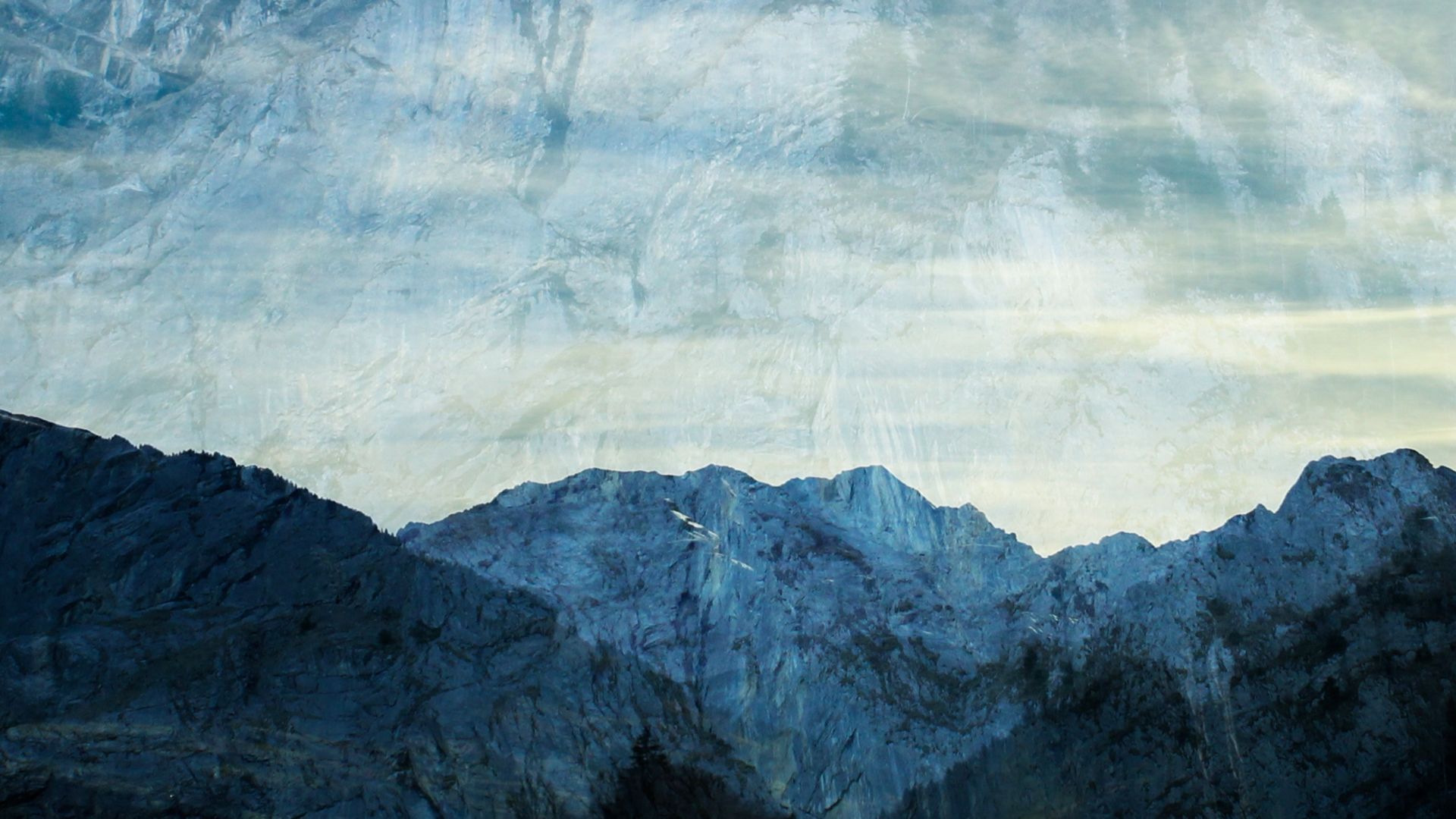
305 HOURS
Sara Glez, 202, Galicia, video, 3 min.
305 hours. 13 days. My sister. Our first trip together outside the peninsula. Switzerland. More than 2,000 kilometres. Winter. Snow. The cold. The scenery. Nature. The textures of the city. The sensations and details that, like notes in a diary, caught my attention.

NO ME OLVIDO DE TI (I WON’T FORGET YOU)
Alba Amoedo, 2023, Galicia, video, 4 min.
A synesthetic resonance about time, which does not let me breathe. This is a self-portrait that composes images of chaos, associates colours, proposes acoustic images, and adds sound-producing objects to the plasticity of the images. Feeling lost, keeping on, constructing a possible path.
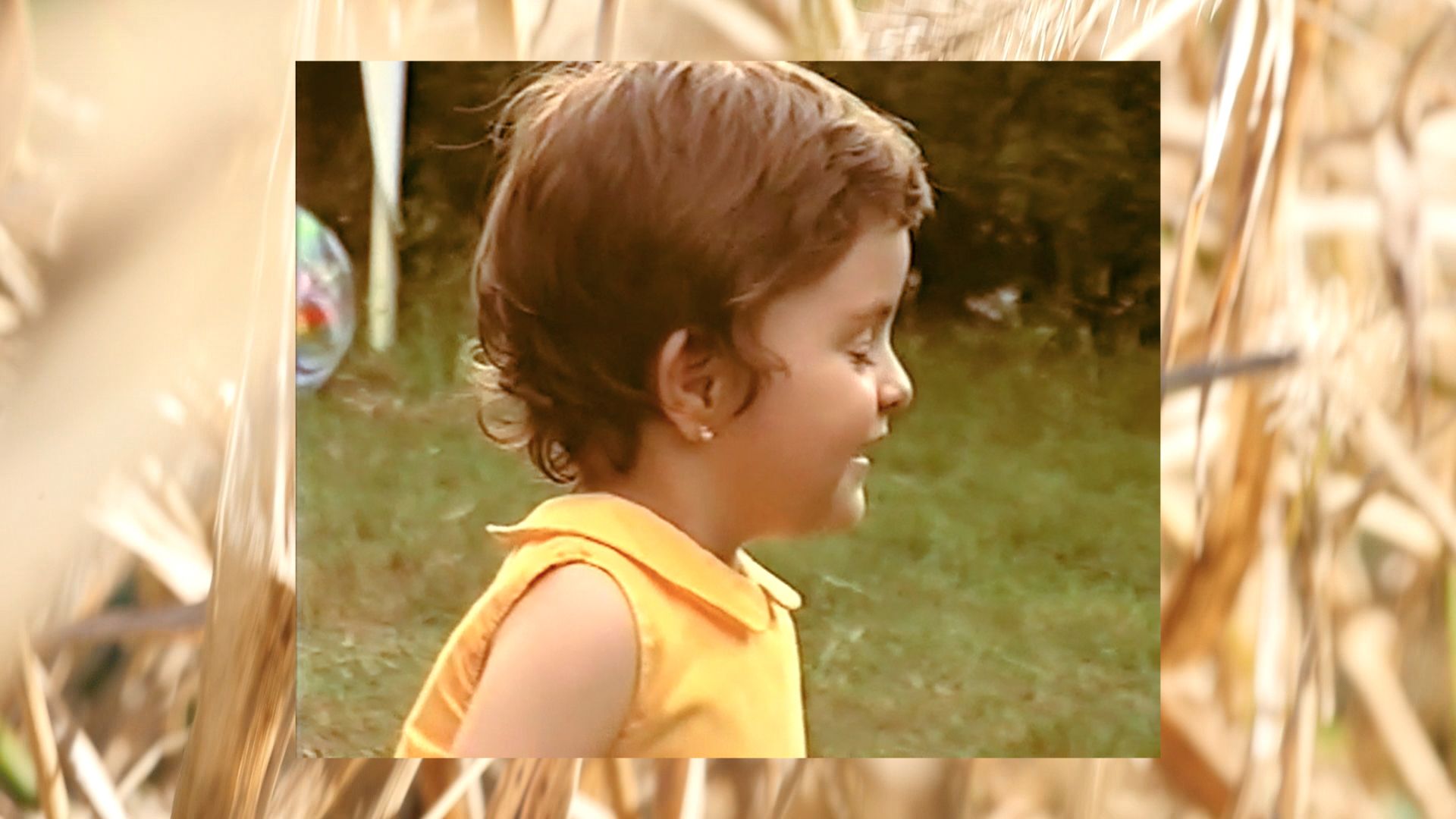
MIRADA AMATEUR (AMATEUR VIEW)
Cristina Souto, 2023, Galicia, video, 6 min.
Filming with love. The first smiles of a new being. Toast in the morning. Afternoons playing in the sun. Blackberries. The cuts that left marks on my knees. I look at myself through the devoted camera of a mother. Its eye is today my eye, which teaches me about the wonder of living.
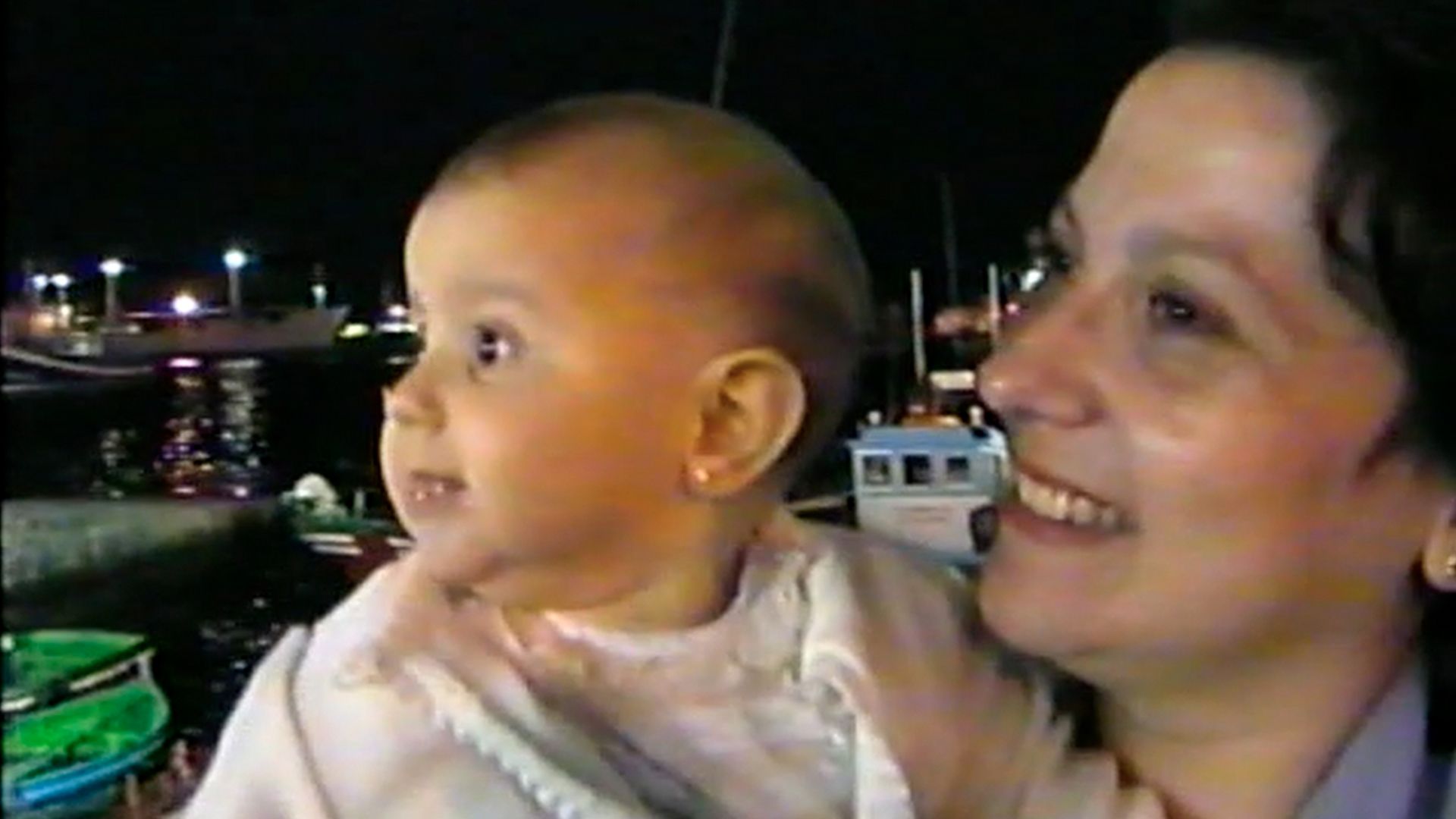
MORIR ES EGOÍSTA (DYING IS SELFISH)
Cristina Insua, 2023, Galicia, video, 5 min.
It is often difficult to suppress the desire to leave everything behind. Hence, I suppose this is my way of running without running. For that reason, what better time to express in this way, through cinema, that which otherwise I wouldn’t know how to tell you? My voice fails me because it’s hard to recall certain things, like what you said, that death, dying, is selfish.
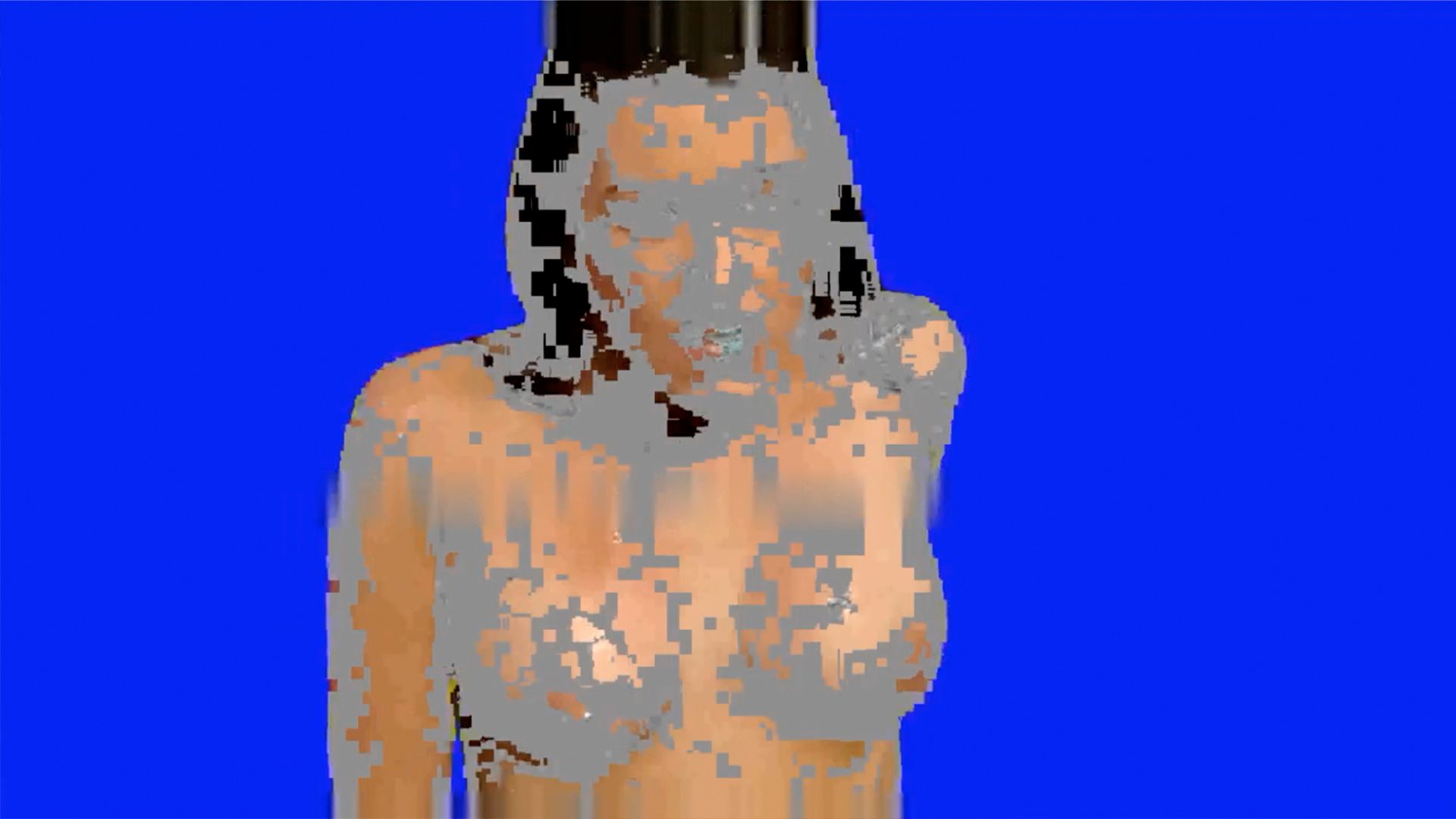
WHERE WE MEET
Aniana Barreiro Seara, 2023, Galicia, video, 5 min.
Deliberately inducing an error as a starting point. Where we meet it is a conversation between echoes, between present situations not yet formed, between images whose destructive nature is the necessary condition for their survival. A plurality of forces unfold and react. Perhaps that is where the fragments can finally be reunited, somewhere in time.
LOVE, FREEDOM AND CREATION. EXPERIMENTAL CINEMA IN THE FINE ARTS
FACULTY OF FINE ARTS OF PONTEVEDRA – UNIVERSITY OF VIGO
There is still a certain suspicion today, even within the panorama of independent auteur cinema, in accepting that the contemporary artist can creatively and radically investigate the space-time relationship in their exploration of aesthetics, plasticity, sculpture or performance, and that this exploration—which in their case is a solitary, artisanal one—may take place within cinema. There is also another prejudice that does not completely dissolve, which detracts from autobiographical cinema by calling it egotistical or narcissistic, as if cinema may only rise when it is an epic, collective or professional creation. Some of these prejudices may come from a certain snobbery that is reluctant about feeling empathy towards small cinema, as an adventure by oneself, a resistance to understanding the creative praxis as an individual experience and “at hand”. Nevertheless, cinema—like literature, music or other artistic disciplines—enables us to transmute personal experience in front of the mirror to place ourselves in the world in a more conscious and therefore freer way.
Every year I observe Fine Arts students who are approaching cinema for the first time. What concerns me, beyond the content of the subject, is the general discouragement, the fatigue, the traumas that drown them and the mental health problems they suffer from in a worrying, widespread way. It seems to many of us that the situation has worsened in recent years, since the dehumanising measures dictated in the pandemic, which we should remember have amputated much of their university experience. To counter such thoughts, I think that a degree in Fine Arts, which one day they bravely chose, gives them the chance to face up to those shadows and I therefore encourage them to embrace the subject fearlessly, with love for themselves and for life. Teaching cinema can be approached in many ways, including through the affection and compassion that the work of education should involve.
In their first contact with the moving image, I can already observe that it is easy for
students to include this new expressive form based on an open way of looking that intersects
with other arts. Today’s antiquated study plans from the Spanish State do not allow much room for emancipation or innovation. In this vein, we know that something is wrong, and that it continues to become entrenched. This is a matter that calls for debate, for a revolution in education in general, not only in universities, but from within a stricken system there are also margins for action that enable the desire be aroused to make films, at least among students who have that drive, that latent strength.
For the third year, I have the honour of accompanying a group of Fine Arts students from the University of Vigo to a festival that is the closest they will find to a Garden of Eden for experimental cinema. This means including the artist in a vibrant context that welcomes their works with respect, that gives reasons for an awakening, where they learn, admire, share and connect with other creators. In the Audiovisual class that almost all the works in this programme come from, I set an exercise in personal cinema for them, be it a self-portrait, a letter or a short essay on the theme of their choice. They have little time to do it—a month and a half for this specific exercise—but it is about losing their fear and understanding the work as a process and not so much as a goal.
It is always good to remember the words of Maya Deren in her text “Amateur versus professional” (1959), where she reminds the amateur filmmaker that they should not have an inferiority complex, because it is precisely the status of precarious artist that bestows on them a radical freedom that is the most wonderful of all the conditions to start out with.
We are presenting six first-person films selected from the 2022-2023 academic year. They are intimate self-portraits that speak of topics such as time, anxiety, the vertigo of the present, family, friends, and the wonder of living. They are works by Susana Gómez García, Sara González, Alba Amoedo, Cristina Souto, Cristina Insua, and Aniana Barreiro; six women artists who turn the camera on themselves and approach cinema through the most visceral emotions and feelings. Several pieces are video letters, a letter to a mother, to a sister, and to oneself. They all explore cinema beyond the narrative, through abstraction, rhythm, light, colour, textures and sound.
Without a doubt, this invitation to the (S8) Peripheral Film Festival will open a door for them. I would like to thank these young creators for their involvement, their enthusiasm and for the fact that their works remind us that cinema is, first and foremost, an act of generosity and love.
Xisela Franco
Filmmaker, lecturer at the Faculty of Fine Arts (University of Pontevedra within the University of Vigo)
